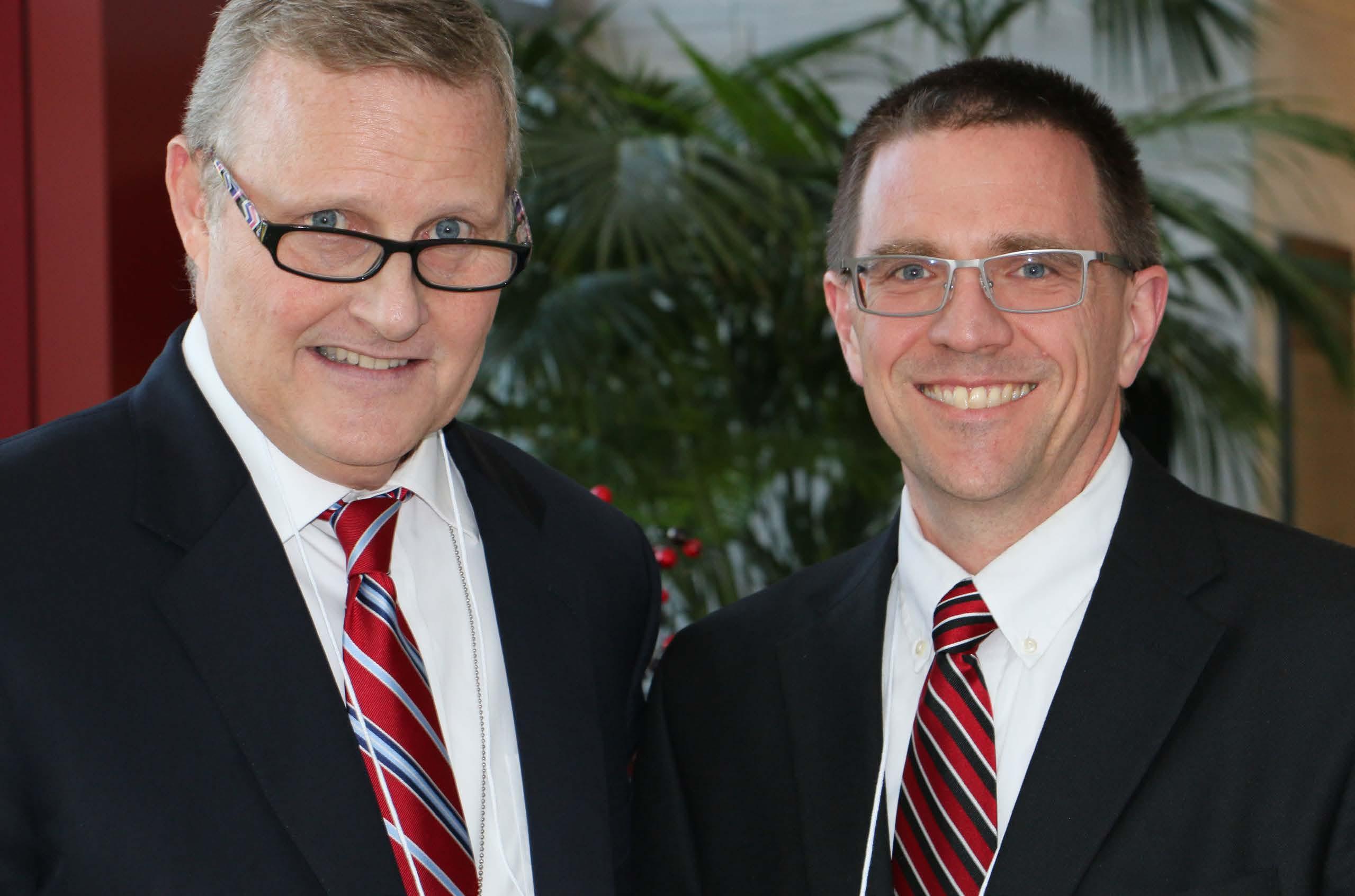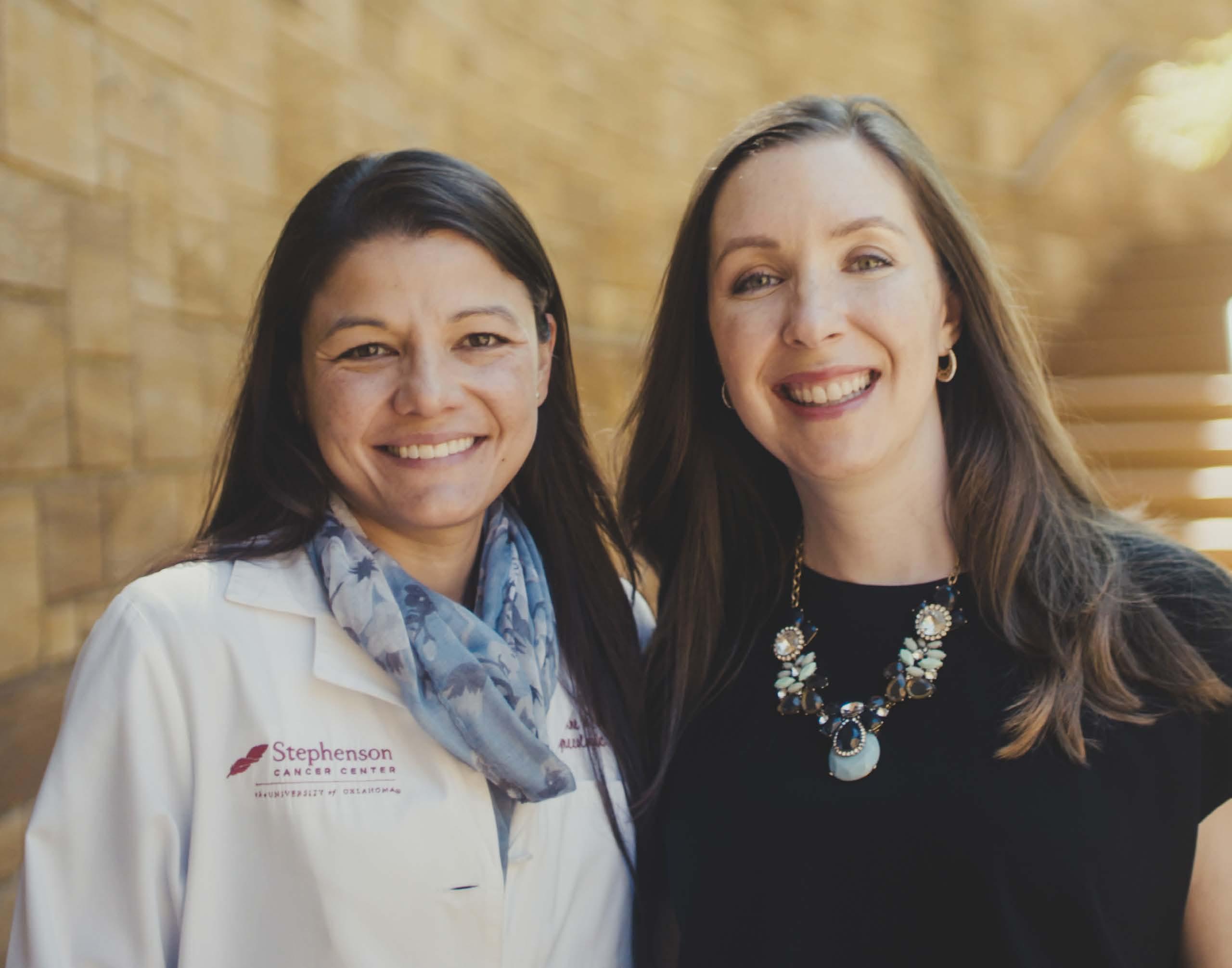MEDICAL EDUCATION
his battle last October. His father talks to students about the compassionate care his son received, but also about some of the poor care that added to the despair his family was feeling. But the biggest impact of the talk is that students witnessed his grief and gained a better understanding of how their professional lives will be interwoven with families’ deepest loss and greatest joys. “We intentionally follow that with a reaffirmation of the oath that they took as first-year students,” Craig said. “It reminds them that they are about to begin experiencing the ultimate reason they began medical school: to care for patients.”
Student Participates in NIH Research Program OU College of Medicine student Annah Baykal was selected as one of 50 students nationwide to participate in the 20192020 National Institutes of Health Research Scholars Program. The yearlong research training program allows medical, dental and veterinary students to pause their university studies to live and conduct basic, clinical or translational research work on the NIH campus in Bethesda, Maryland. The scholars began their fellowship in July 2019. Baykal will resume her medical education in 2020 and will graduate with the Class of 2022.
LaTasha Craig, M.D., designed the Clinical Transitions course for medical students entering their third year.
Students are taught how take a focused patient history, followed by writing a concise, efficient note about the patient’s chief complaint. They also learn the importance of thinking about a patient’s differential diagnosis before they walk into a room. Faculty members created a clever acronym to help students remember – CCDIF, or the Chief Complaint Differential. In the afternoons, students then go to the college’s Clinical Skills Education and Testing Center, where they practice gowning and gloving, inserting IVs and other procedural skills they may perform. This hands-on training ensures they are ready to go on day one of rotations. One of the most powerful aspects of the Clinical Transitions course is a story shared by an Oklahoma physician who speaks not about his work, but from his perspective as a parent. A few years ago, his son, who was about to become a high school senior, was diagnosed with an aggressive form of acute myeloid leukemia. His father and his family sought care at hospitals in three states, but their son ultimately lost
Participants receive mentored training and will conduct research in areas that match their personal interests and research goals. For this class, interest in the fields of oncology and neurology was strong, with additional areas of robust interest in otolaryngology (research on causes of deafness and novel treatments for head and neck cancer), immunology, genetics, ophthalmology and urology. The training experience forms the core of the program and allows these future clinician-scientists to carry out research across the full spectrum of science in the interest of improving public health. The scholars work with an adviser who provides guidance on creating a career development plan and on selecting an NIH research mentor. Mentors are full-time NIH investigators with basic, clinical or translational research programs. Over the course of the academic year, students participate in courses, journal club seminars, a structured lecture series and clinical teaching rounds at the NIH Clinical Center. They also present their research to the NIH community and at national and international professional conferences. “The NIH Medical Research Scholars Program attracts the brightest talent from across the country. These scholars are the future leaders in American medicine,” said Thomas R. Burklow, M.D., director of the program.
[ Fa l l / Wi n t e r 2 019 ]
13











































